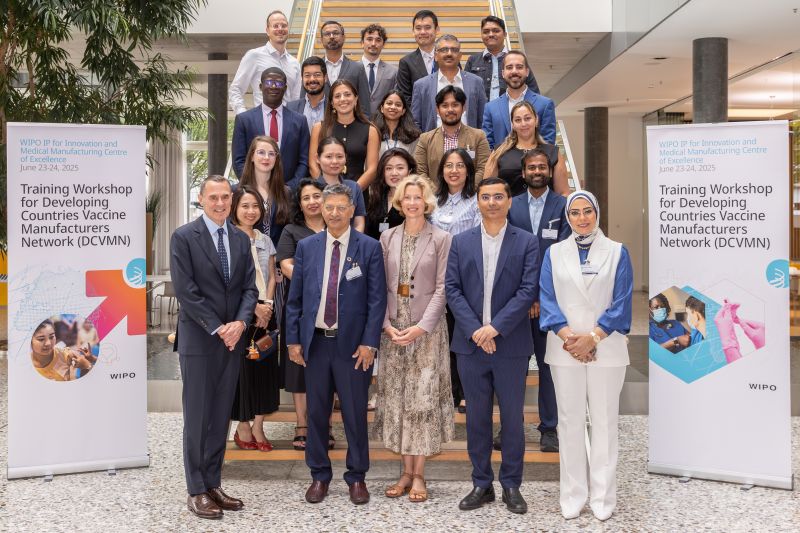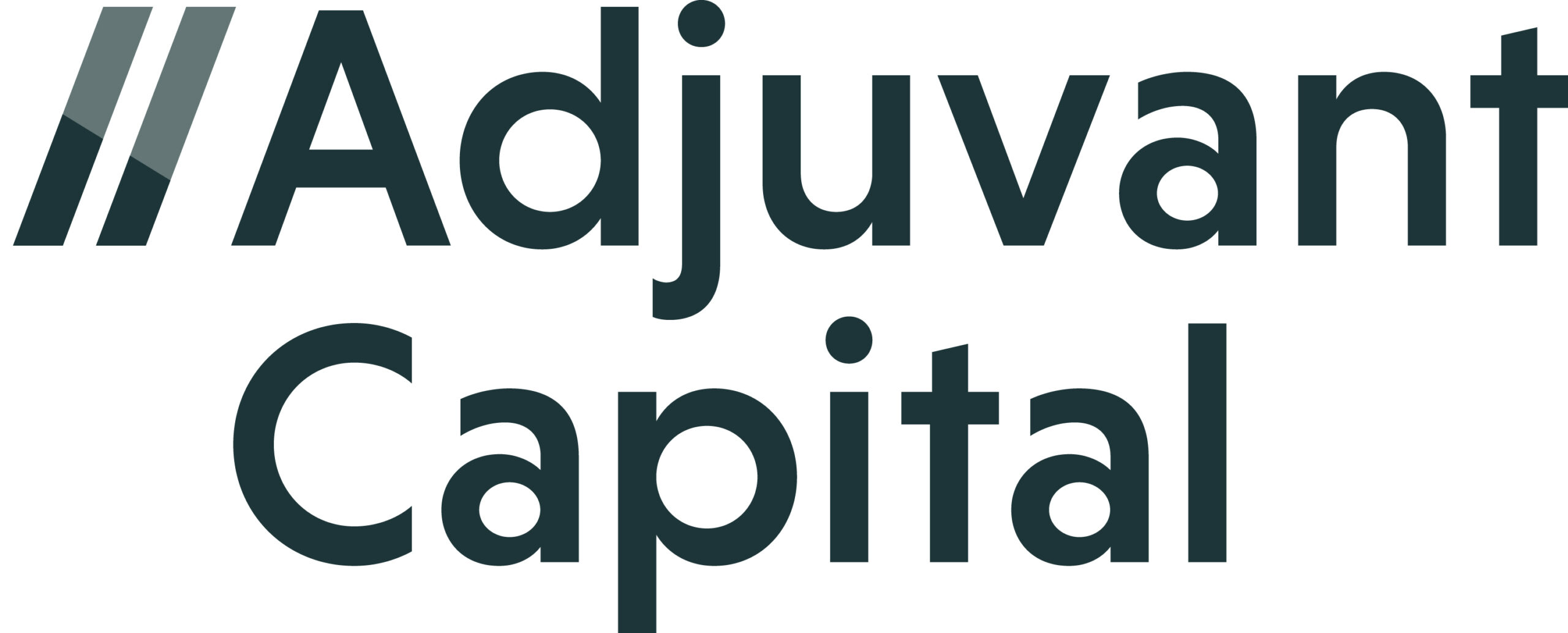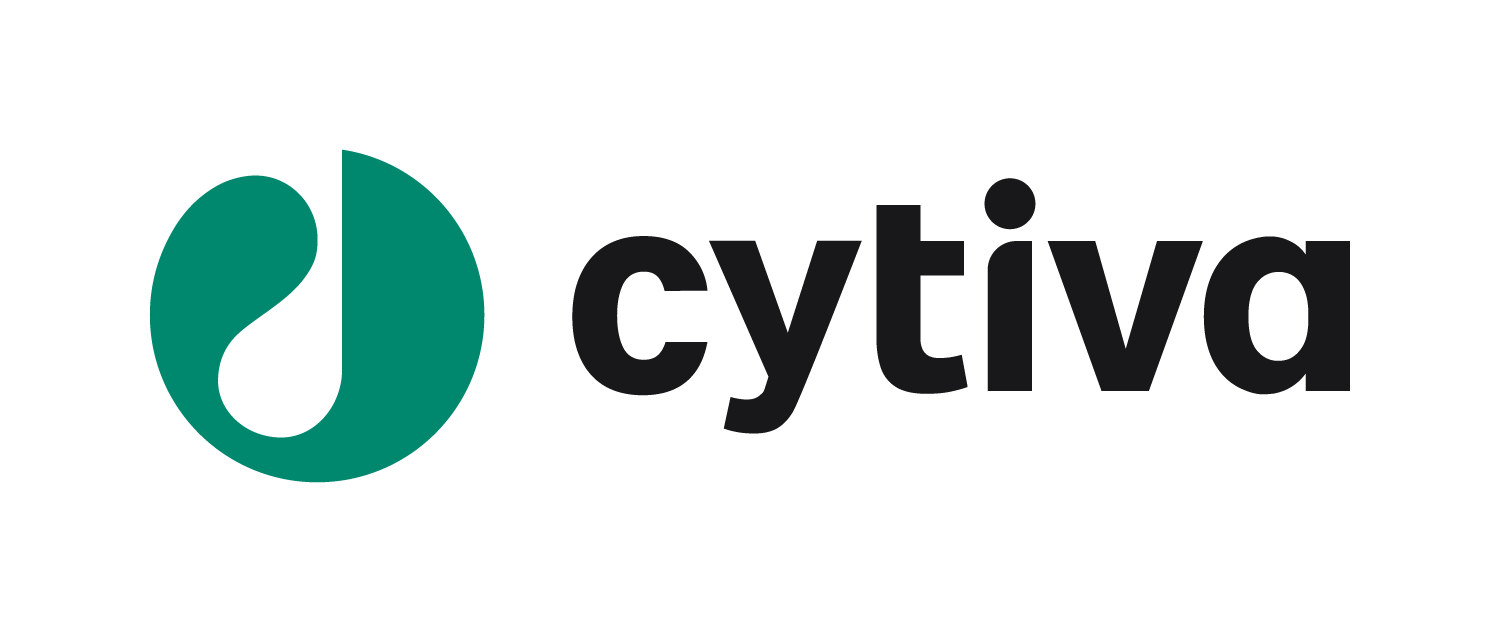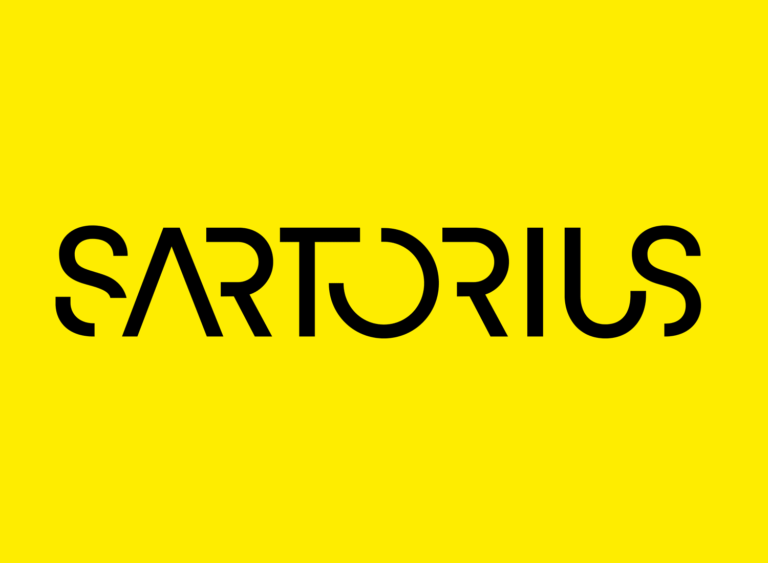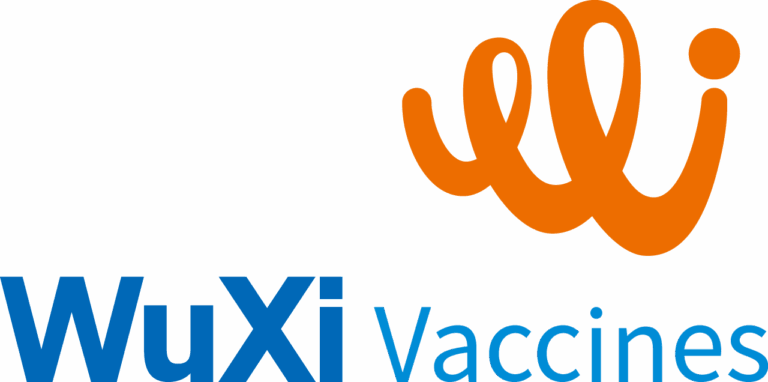Last month in Geneva, DCVMN International was proud to partner with the World Intellectual Property Organization – WIPO to deliver a Workshop on Intellectual Property for Vaccine Manufacturers, held at WIPO headquarters.
As the first initiative under WIPO’s new Center of Excellence on IP for Medical Innovation and Manufacturing, this two-day, in-depth training brought together professionals from 15 DCVMN member companies across Asia, Africa, and Latin America, representing R&D, legal, regulatory, licensing, and tech transfer roles.
The agenda, shaped through close collaboration with WIPO and based on a member needs assessment, ensuring that the sessions addressed the real-world challenges faced by vaccine producers in developing countries, tackled the practical dimensions of:
🔹 Developing IP strategies to support vaccine innovation
🔹 Understanding valuation and commercialization of IP assets
🔹 Navigating the patent landscape and conducting FTO analyses
🔹 Managing licensing and tech transfer processes effectively
🔹 Exploring how AI is shaping the future of vaccine R&D and manufacturing
In his opening remarks, DCVMN CEO Rajinder Suri highlighted the workshop’s timeliness and relevance, underscoring our network’s guiding principle: “Compete to collaborate, collaborate to compete.”
This training underlines DCVMN’s commitment to advancing the capabilities of our member manufacturers, strengthening their ability to protect, scale, and share their innovations in a fast-evolving global market. Equipping our members with critical IP knowledge ensures they remain active players in shaping the future of vaccines both regionally and globally.
Our sincere thanks to the outstanding team at WIPO’s Global Challenges Division: Marion (Amy) Dietterich, Siddhartha Prakash, Eva Bishwal, Amos Everett Heng, Christy Nomura, and Rishab Raturi, for leading the planning of this program. Thanks also to Dr. David Reddy’s remarks, Director General of IFPMA, who provided a compelling overview of how IP systems underpin long-term vaccine innovation, technology transfer, and global health impact.
We are also grateful to the many WIPO experts and external partners who generously shared their insights throughout the program.
This was more than a training, it was a meaningful step toward building strong local innovation ecosystems that drive vaccine access and equity worldwide.
